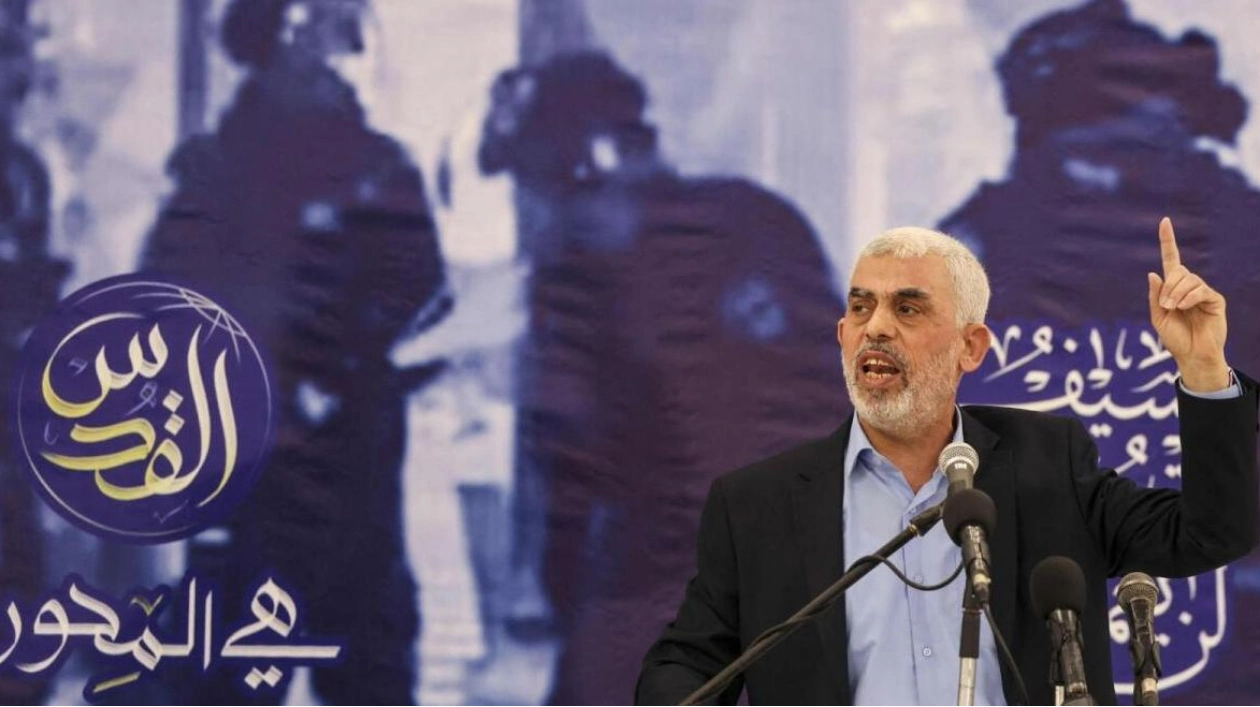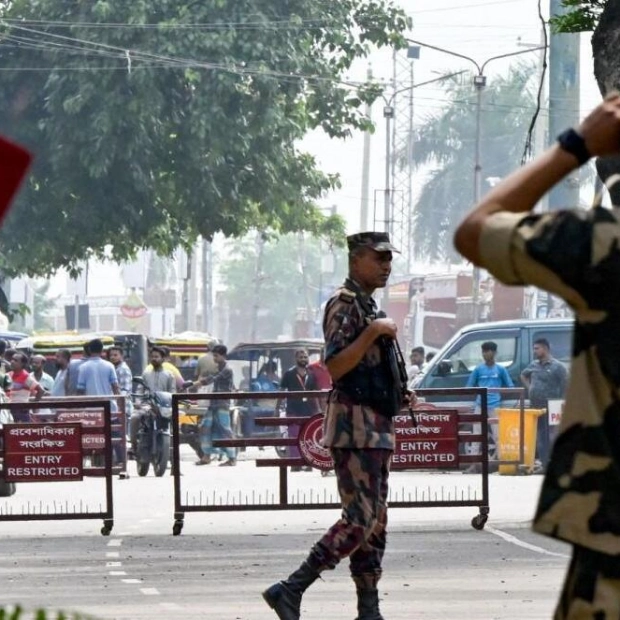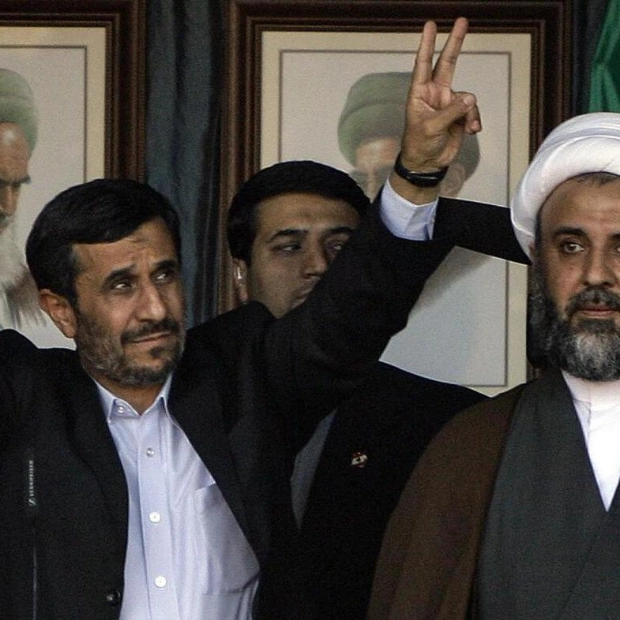Yahya Sinwar, a former Hamas leader, was reportedly killed by Israeli forces in southern Gaza on October 6, 2022. Sinwar, who had a long history with Hamas, had risen to prominence after orchestrating a major conflict that shook the region.
Sinwar was among the key figures accused by Israel of planning the October 7, 2021, attack on Israel. He was believed to be hiding in a complex network of tunnels constructed by Hamas under Gaza. The Israeli military claimed responsibility for his death, stating it was a significant blow to Hamas.
As the head of Hamas in Gaza during the October 7 attack, Sinwar later ascended to the overall leadership of the group in August 2022, following the assassination of Ismail Haniyeh in Tehran on July 31. Israel has been widely blamed for Haniyeh's death, though it has never officially claimed the assassination.
In July 2022, Israel also announced the killing of Hamas's military leader, Mohammed Deif, although Hamas never confirmed his death. Israeli Prime Minister Benjamin Netanyahu declared that 'every Hamas member is a dead man' in the aftermath of the October 7 attack, which ignited the Gaza war.
The Hamas attack led to the deaths of 1,206 people in Israel, according to an AFP tally based on Israeli official figures. In response, Israel's military campaign in Gaza resulted in the deaths of 42,438 people, the majority of whom were civilians, according to data from the Hamas-run health ministry.
Leila Seurat of the Arab Centre for Research and Political Studies in Paris noted that the October 7 attack, likely planned over a year or two, 'took everyone by surprise' and 'changed the balance of power on the ground.' Sinwar was described as a 'security operator par excellence' by a fellow Hamas member who had spent years in Israeli jails with him.
Born in the Khan Yunis refugee camp in southern Gaza, Sinwar joined Hamas when it was founded by Sheikh Ahmad Yassin in 1987. He established the group's internal security apparatus the following year and later headed an intelligence unit responsible for identifying and punishing, often fatally, Palestinians accused of collaborating with Israel.
Sinwar, a graduate of the Islamic University in Gaza, perfected his Hebrew during his 23 years in Israeli prisons. He was serving four life sentences for the murder of two Israeli soldiers when he was released in 2011 as part of a prisoner exchange for Israeli soldier Gilad Shalit. After his release, Sinwar became a senior commander in the Ezzedine al-Qassam Brigades, Hamas's military wing, before assuming overall leadership of the movement in Gaza.
While his predecessor, Haniyeh, had promoted efforts to present a more moderate image of Hamas to the world, Sinwar preferred to escalate the Palestinian issue through more aggressive means. He aimed for a unified Palestinian state encompassing Gaza, the occupied West Bank, and annexed east Jerusalem.
Sinwar's leadership style was characterized by a combination of radical military planning and pragmatic politics, according to Seurat. He advocated for the use of force to drive negotiations with Israel. In 2015, Sinwar was added to the US list of most wanted 'international terrorists.'
In November 2022, Israeli Defense Minister Yoav Gallant vowed to 'find and eliminate' Sinwar, urging Gazans to turn him in, stating that doing so 'will shorten the war.'






